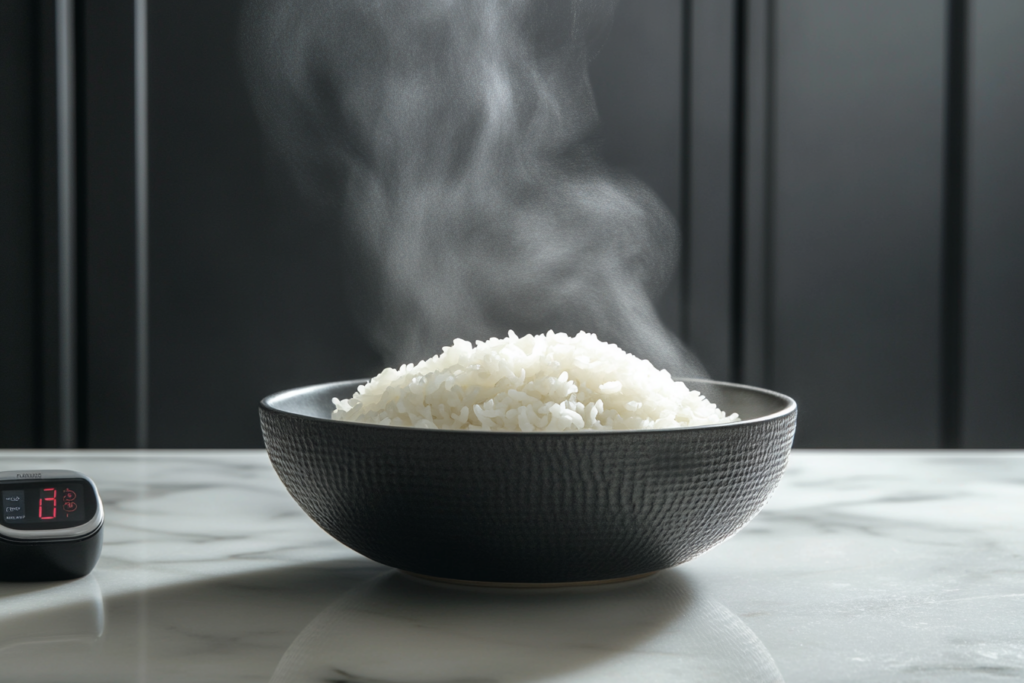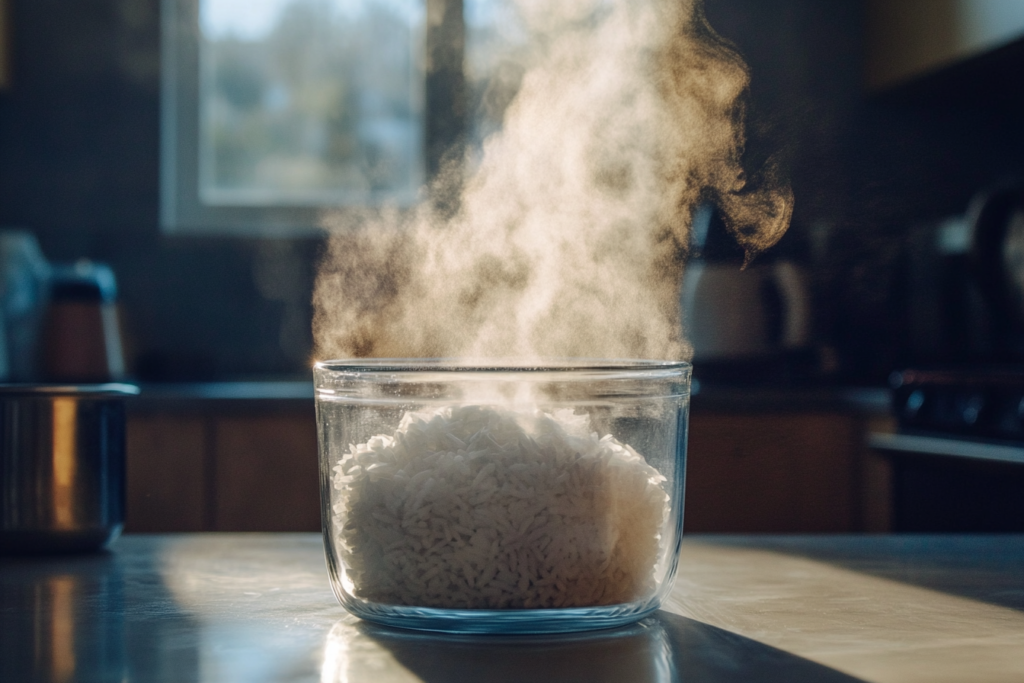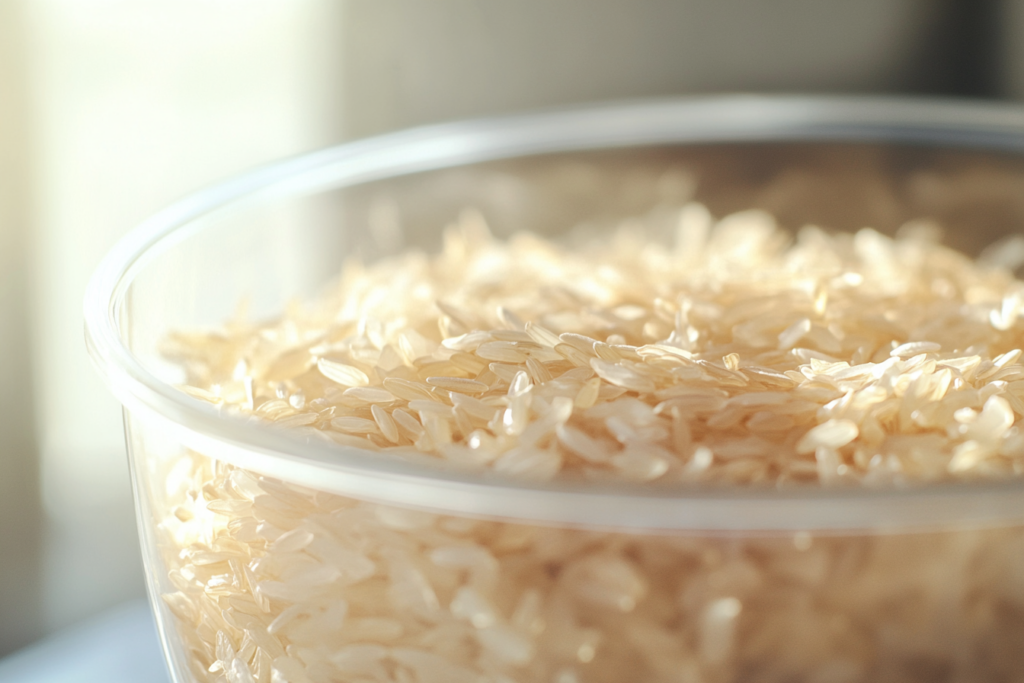Rice might seem like the most innocent of leftovers, but there’s one critical mistake that could transform this pantry staple into a source of significant discomfort. While many of us focus on proper cooking techniques, the real danger lurks in what happens after the rice is cooked. Here’s what you absolutely must avoid doing with your leftover rice, backed by food safety experts and scientific research.
Never leave cooked rice at room temperature

The most dangerous thing you can do with leftover rice is leaving it out on the counter or dinner table for extended periods. This seemingly harmless practice creates the perfect breeding ground for Bacillus cereus, a type of bacteria naturally present in rice. When rice sits at room temperature, these bacteria multiply rapidly and produce toxins that can cause serious stomach upset.
Time is critical here – you have a two-hour window after cooking to get your rice safely stored in the refrigerator. If you’re in a particularly warm environment (above 90°F), that window shrinks to just one hour. What happens if you miss this window? Unfortunately, even reheating won’t make the rice safe to eat, as the toxins produced by the bacteria are heat-resistant.
Store rice in shallow containers for quick cooling
The proper storage method for leftover rice involves more than just tossing it in any container and putting it in the fridge. Opt for shallow, airtight containers that allow the rice to cool quickly and evenly. Avoid using those cardboard takeout containers – they’re not airtight and can lead to dried-out, unappetizing rice.
A quality set of glass food storage containers makes a world of difference in maintaining both safety and quality. Spreading the rice in a thin layer helps it cool faster, reducing the time it spends in the dangerous temperature zone where bacteria thrive.
Smart ways to reheat stored rice

When it’s time to enjoy your stored rice, proper reheating is crucial. Add a teaspoon of water per cup of rice before reheating to restore moisture. For best results, use a digital food thermometer to ensure the rice reaches 165°F throughout.
Imagine taking rice straight from the fridge and adding it to a stir-fry – this method actually works perfectly as the hot pan will heat the rice to a safe temperature while creating those desirable crispy bits. For microwave reheating, break up any clumps, cover loosely, and heat in 30-second intervals, stirring between each interval.
Maximum storage times for rice safety
Properly stored rice has specific timeframes for safe consumption. In the refrigerator, cooked rice remains good for 3-4 days. For longer storage, freeze it in airtight containers or freezer bags for up to two months. Press out as much air as possible before sealing to prevent freezer burn.
When using frozen rice, you don’t need to thaw it first. Add it directly to your hot dishes, or reheat it with a splash of water. Just remember that each time you reheat rice, you should do so quickly and thoroughly.
Signs that rice has gone bad

Trust your senses when checking stored rice. If you notice any unusual smells, slimy texture, or discoloration, it’s best to discard it. Rice that has been stored too long may become excessively dry and hard, even if it’s still safe to eat. Better safe than sorry – when in doubt, throw it out.
The next time you’re tempted to leave that pot of rice out while you finish watching your favorite show, remember the two-hour rule. A few minutes of proper storage can prevent a very unpleasant experience later. Your future self will thank you for taking these simple precautions to keep your leftover rice both safe and delicious.
